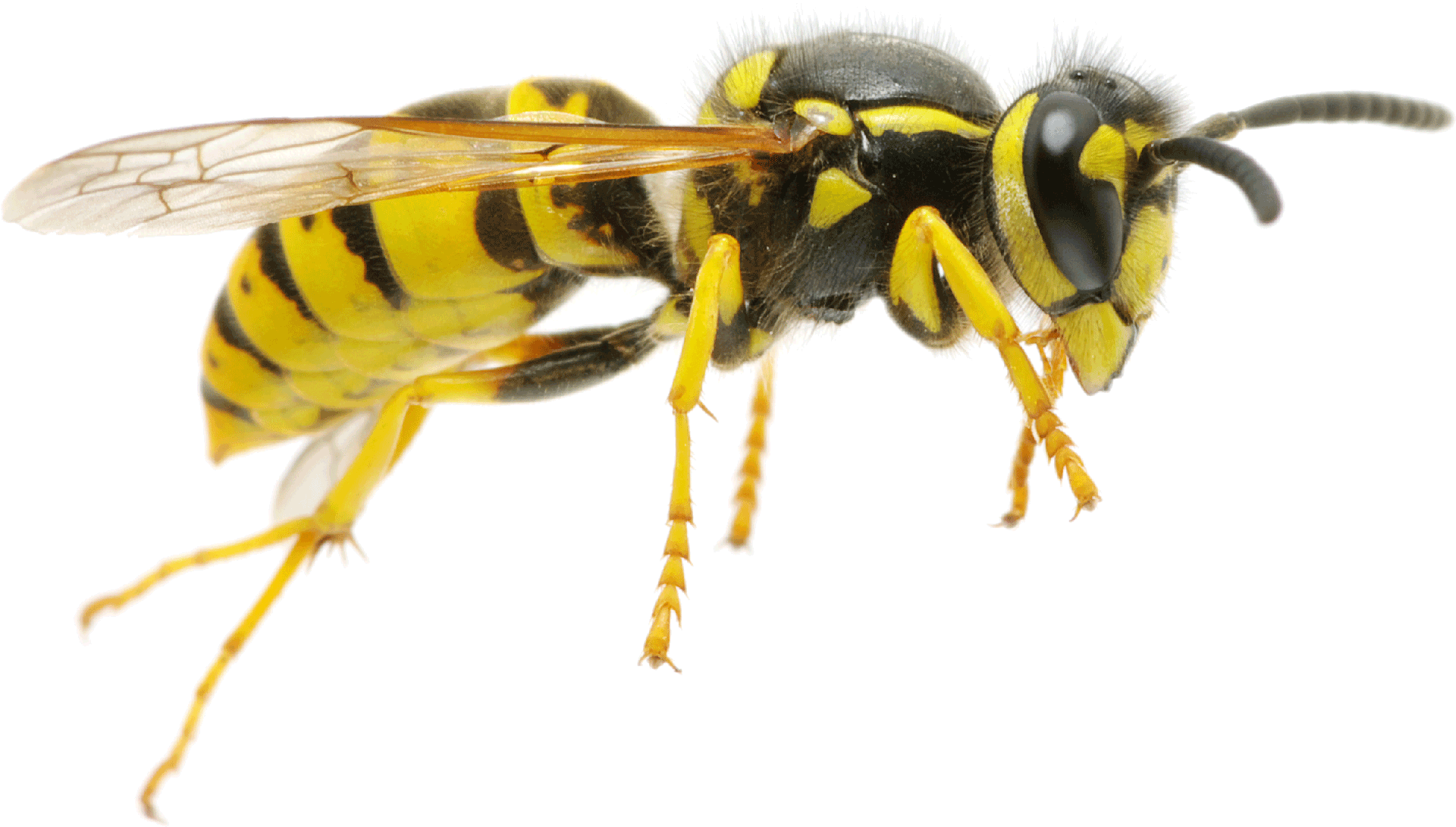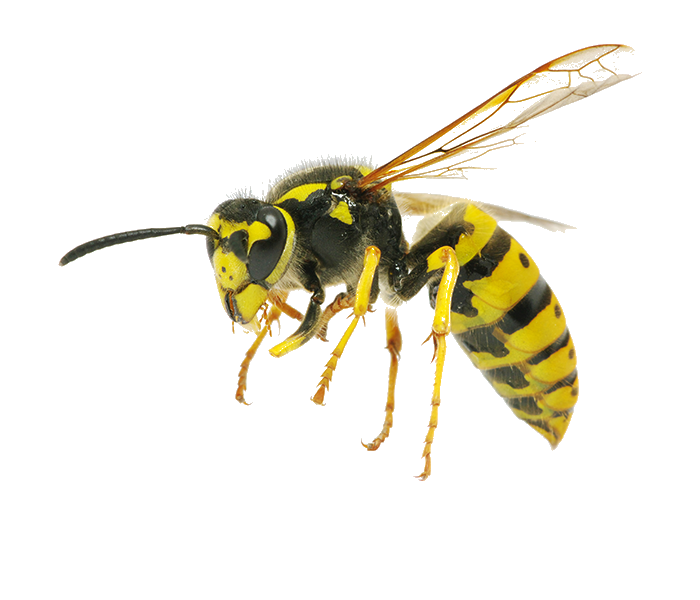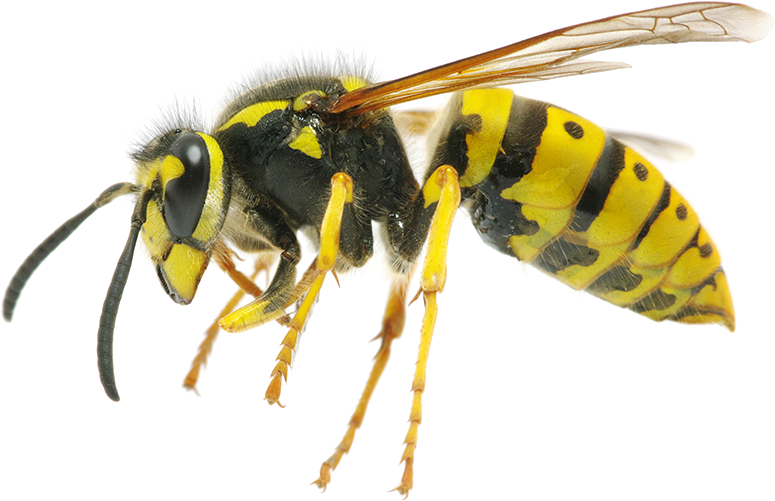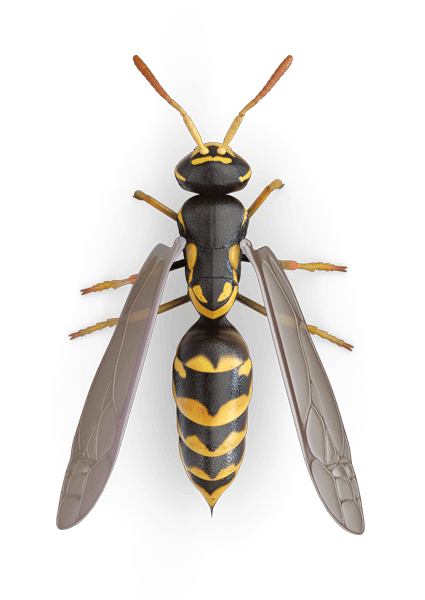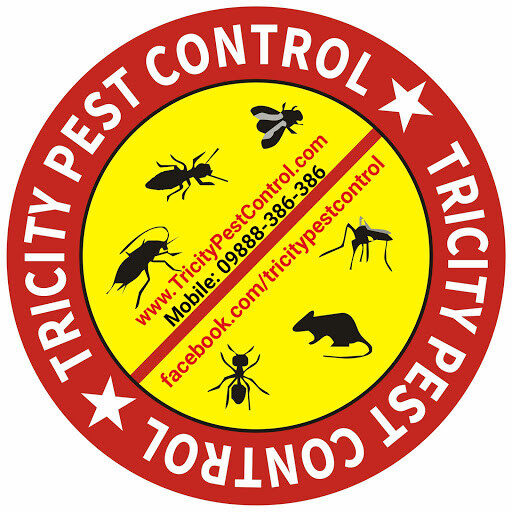Unveiling the World of Wasps: Behaviors, Risks, and Solutions
Wasps, belonging to the order Hymenoptera, are flying insects renowned for their slender bodies, distinctive coloration, and two pairs of wings. With various species, including solitary and colonial types, wasps are part of a diverse insect group.
Insight into Wasps:
- Social Structure: Social wasps live in colonies with a queen, workers, and males (drones), each playing specific roles in the colony.
- Nesting Habits: They build nests from a paper-like material made by chewing wood fibers, found in diverse locations like underground, trees, or buildings.
- Diet: Adult wasps feed on nectar and sweet substances, while larvae are fed insects captured and paralyzed by adult wasps.
- Stinging Behavior: Most wasps can sting repeatedly, unlike bees, with their stings being painful and potentially triggering allergic reactions.
- Predatory Nature: While beneficial for controlling pest populations, some species can be pests, especially near human habitation.
- Life Cycle: Beginning with an egg laid by the queen, the life cycle involves larvae being fed by adult wasps, pupation, and emergence as adults.
Risks Associated with Wasps:
- Stings: Wasp stings can be painful and, in sensitive individuals, can lead to severe allergic reactions, requiring immediate medical attention.
- Allergic Reactions: Some people are allergic to wasp venom, with stings potentially triggering severe allergic reactions.
- Defensive Behavior: Wasps can become aggressive in defense of their nests, leading to multiple stings.
- Nuisance: Their presence near human habitation can disrupt outdoor activities.
- Property Damage: Nests can cause property damage, and nest removal can be costly.
- Ecological Impact: While beneficial in ecosystems, certain species can negatively impact native insect populations.
- Food Contamination: Some species may become attracted to sugary substances, leading to food contamination and illnesses.
Effective Wasp Control Solutions:
The most effective way to eliminate wasps is to treat the nest, as removing it can be dangerous. Treatments and solutions offered by professionals can effectively eliminate wasps and reduce the risk of stings.
Prevention Tips:
- Seal off any entry points in your home, such as torn screens, openings near vents, or cracks around shutters, window frames, or doors.
- Keep food and drinks covered outdoors to avoid attracting wasps.
- Avoid areas where wasps are active to prevent encounters.
Trust us to safeguard your home from wasp infestations and ensure the safety of your family and pets.
